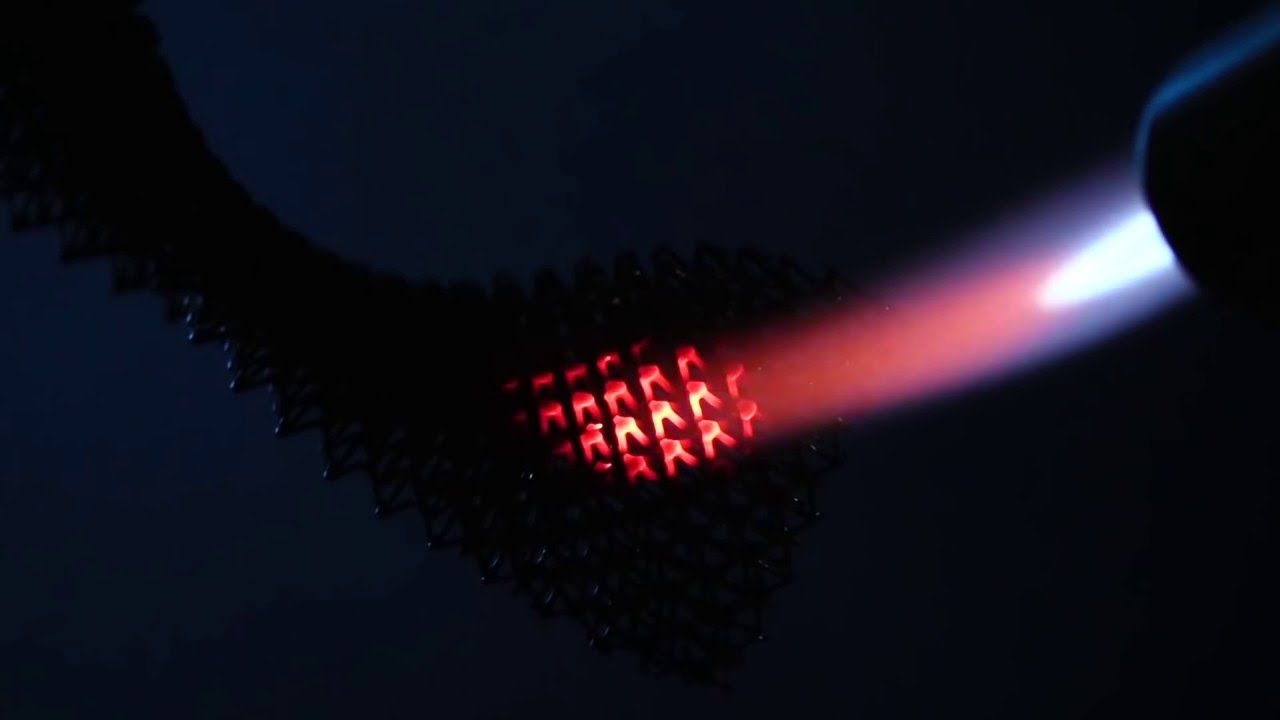Page 11253
Apr 19, 2016
X2 Biosystems awarded
Posted by Karen Hurst in categories: electronics, health, military, neuroscience, wearables
They deserve it too.
X2 Biosystems has received the Society for Brain Mapping and Therapeutics (SBMT) 2016 Pioneer in Healthcare Technology Innovations Award for developing its next-generation head impact measurement sensor technology, the company said.
X2´s “X-Patch” wearable impact sensor has become widely deployed and tested head impact monitoring device, used in a continually expanding range of athletic activities from football (youth, high school, collegiate, pro) to hockey, soccer, lacrosse, rugby, Australian rules football, baseball, field hockey, wrestling, boxing, taekwondo, mixed martial arts, skiing and BMX cycling.
The X-Patch is also being actively evaluated for use in military training applications.
Apr 19, 2016
Hayfever drugs may shrink brain and raise dementia risk, warn scientists
Posted by Karen Hurst in categories: biotech/medical, neuroscience
Ugh — this is not good at all.
The study found lower metabolism and smaller brain sizes amoung the group of study participants taking anticholinergic drugs.
Medication with anticholinergic effects include certain over-the-counter antihistamines and nighttime cold medicines, and prescription drugs for sleep aid and many chronic diseases such as hypertension and cardiovascular disease.
Continue reading “Hayfever drugs may shrink brain and raise dementia risk, warn scientists” »
Apr 19, 2016
A ‘big science’ approach for Australian cybersecurity research?
Posted by Karen Hurst in categories: cybercrime/malcode, education, quantum physics, science
Australia should go “Big Science” on addressing Cyber Security. I believe Australia is already making strides in Cyber Security with their own advancements in Quantum.
Australia’s Cyber Security Strategy, to be released this Thursday, will include an emphasis on research and development, as well as education. How might that unfold?
Apr 19, 2016
General Motors to double size of Israel R&D center
Posted by Karen Hurst in categories: cybercrime/malcode, quantum physics, robotics/AI, transportation
Regulation is not the immediate problem with autonomous cars. Example, is Google car has been deemed approved by existing regs. However, the issue is the broader public’s trust due to the various reports of hacking of connected cars such as the Nissan Leaf, etc. Until we put in place a more resilient net infrastructure such as Quantum; slow down will happen. I suggest GM to read the news more because everything that I stated has been well communicated in the news and research for the past 4 months.
GM Ventures president Lauckner believes regulation will not halt the advance of the autonomous car.
Apr 19, 2016
New 3D Printing Technique Makes Tougher Ceramics
Posted by Karen Hurst in categories: 3D printing, transportation

Nice
A new way of making these tough materials could be a key step in producing better airplane engines and long-lasting machine parts.
Continue reading “New 3D Printing Technique Makes Tougher Ceramics” »
Apr 19, 2016
Meet your future workplace: AI bots, 3D printing and virtual reality
Posted by Karen Hurst in categories: 3D printing, employment, robotics/AI, virtual reality
The office today for some and near future for others.
Vodafone says collaboration and gaming will fuel future office design.
Young people coming into employment in the next five years will work in a virtual reality office in the future, according to Vodafone.
Continue reading “Meet your future workplace: AI bots, 3D printing and virtual reality” »
Apr 19, 2016
The Untold Story of Magic Leap, the World’s Most Secretive Startup
Posted by Klaus Baldauf in categories: business, virtual reality
That astounding sum is especially noteworthy because Magic Leap has not released a beta version of its product, not even to developers. Aside from potential investors and advisers, few people have been allowed to see the gear in action, and the combination of funding and mystery has fueled rampant curiosity. But to really understand what’s happening at Magic Leap, you need to also understand the tidal wave surging through the entire tech industry. All the major players—Facebook, Google, Apple, Amazon, Microsoft, Sony, Samsung—have whole groups dedicated to artificial reality, and they’re hiring more engineers daily. Facebook alone has over 400 people working on VR. Then there are some 230 other companies, such as Meta, the Void, Atheer, Lytro, and 8i, working furiously on hardware and content for this new platform. To fully appreciate Magic Leap’s gravitational pull, you really must see this emerging industry—every virtual-reality and mixed-reality headset, every VR camera technique, all the novel VR applications, beta-version VR games, every prototype VR social world.
Like I did—over the past five months.
Then you will understand just how fundamental virtual reality technology will be, and why businesses like Magic Leap have an opportunity to become some of the largest companies ever created.
Apr 19, 2016
Information is physical, even in quantum systems, study suggests
Posted by Karen Hurst in category: quantum physics
I believe that the assumption around data/ information on a Quantum platform would always be considered physical not virtual.
A thermodynamic principle says that deleting information generates heat, and now, scientists say that goes for quantum systems, too.
Nice
Researchers have now uncovered a small piece of the puzzle of how quantum mechanics affects hydrogen bonding in water.
















